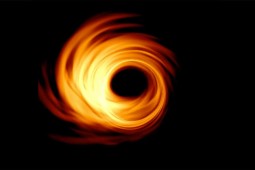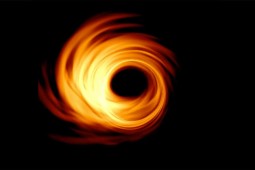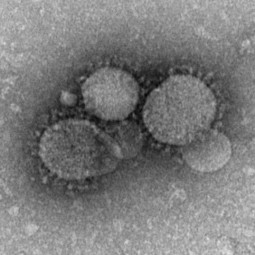 This week on How on Earth, we are still producing off site. Beth and Angele give an update on treatment and transmission of the corona virus and Shelley interviews CU Boulder scientists Anushree Chatterjee and Prashant Nagpal who explain the pros and cons of using old medicines to fight Covid-19, and they describe some new “medicines” in the future, and how to speed up their development.
This week on How on Earth, we are still producing off site. Beth and Angele give an update on treatment and transmission of the corona virus and Shelley interviews CU Boulder scientists Anushree Chatterjee and Prashant Nagpal who explain the pros and cons of using old medicines to fight Covid-19, and they describe some new “medicines” in the future, and how to speed up their development.
Hosts: Beth Bennett, Angele Sjong, Joel Parker, Shelley Schlender
Producer: Beth Bennett & Joel Parker
Engineer: Maeve Conran
Executive Producer: Joel Parker
Listen to the show:
Podcast: Play in new window | Download (Duration: 27:23 — 25.1MB)
Subscribe: RSS

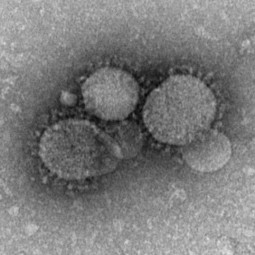


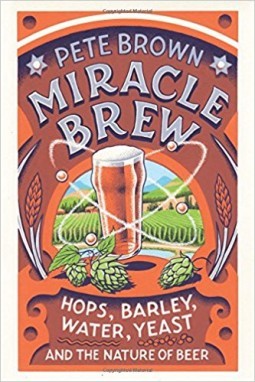
 This week How on Earth adjusts to the restrictions imposed by the corona virus by replaying a previous feature on the chemistry of beer brewing. First Beth gives an overview of some proposed treatments for corona virus. Then, the featured interview with author Pete Brown. When the New York Times reviewed Miracle Brew, the reviewer said: A magisterial tour of fearsome science and vast brewery history leavened with cheery anecdotes, humor, vivid you-are-there prose and a clever eye for personality . . . His rhapsodies about the meaning of life and the meaning of beer are stirring. . . .His expertise and insight will leave you with a glimmer of infinity every time you hold a bottle of it in your hand.
This week How on Earth adjusts to the restrictions imposed by the corona virus by replaying a previous feature on the chemistry of beer brewing. First Beth gives an overview of some proposed treatments for corona virus. Then, the featured interview with author Pete Brown. When the New York Times reviewed Miracle Brew, the reviewer said: A magisterial tour of fearsome science and vast brewery history leavened with cheery anecdotes, humor, vivid you-are-there prose and a clever eye for personality . . . His rhapsodies about the meaning of life and the meaning of beer are stirring. . . .His expertise and insight will leave you with a glimmer of infinity every time you hold a bottle of it in your hand.
 This episode talks about research about COVID-19, angiotensin converting enzyme (ACE), and targeted therapies, and our feature is an interview with
This episode talks about research about COVID-19, angiotensin converting enzyme (ACE), and targeted therapies, and our feature is an interview with 
 This week on How On Earth, we produced the entire show out of the studio, explaining one brief glitch. Beth gives a short update on the way the corona virus infects cells and how this entry point can affect people taking blood pressure medications. In our feature interview, Beth talks with Professor Mark Opp, who studies sleep in his
This week on How On Earth, we produced the entire show out of the studio, explaining one brief glitch. Beth gives a short update on the way the corona virus infects cells and how this entry point can affect people taking blood pressure medications. In our feature interview, Beth talks with Professor Mark Opp, who studies sleep in his 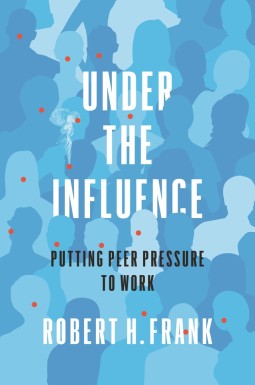
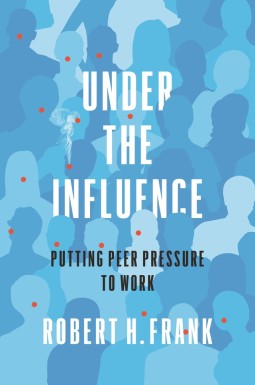 This week on How on Earth we start with an update on the corona virus, focusing on treatments and vaccines. At 12 minutes, we begin our interview with Bob Frank, author of Under the Influence, Putting Peer Pressure to Work. This book explains how we could redirect trillions of dollars annually in support of carbon-free energy sources, all without requiring painful sacrifices from anyone. Dr Frank has developed some novel strategies relying on peer pressure to get people to change their actions so as to reduce carbon emissions and climate change. He also details many prior and successful examples of this type of peer pressure. You can see more at the publisher’s
This week on How on Earth we start with an update on the corona virus, focusing on treatments and vaccines. At 12 minutes, we begin our interview with Bob Frank, author of Under the Influence, Putting Peer Pressure to Work. This book explains how we could redirect trillions of dollars annually in support of carbon-free energy sources, all without requiring painful sacrifices from anyone. Dr Frank has developed some novel strategies relying on peer pressure to get people to change their actions so as to reduce carbon emissions and climate change. He also details many prior and successful examples of this type of peer pressure. You can see more at the publisher’s 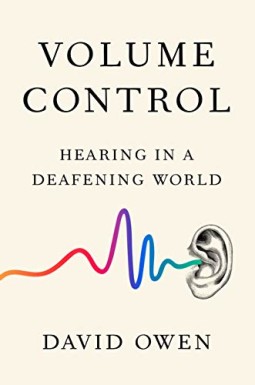
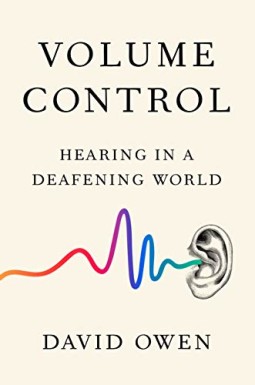

 This week, Beth and Angele speak with with Brenda Ekwurzel in the studio. Brenda is the director of climate science for the Union of Concerned Scientists. She was in Boulder for a panel on Air Quality and Climate Change. She spoke about some Colorado issues e.g. wildfire and drought, and assigning responsibility for specific events to fossil fuel producers. She is a widely quoted expert on climate change, and co-authored the UCS guide Cooler Smarter: Practical Steps for Low-Carbon Living. For more information you can visit her
This week, Beth and Angele speak with with Brenda Ekwurzel in the studio. Brenda is the director of climate science for the Union of Concerned Scientists. She was in Boulder for a panel on Air Quality and Climate Change. She spoke about some Colorado issues e.g. wildfire and drought, and assigning responsibility for specific events to fossil fuel producers. She is a widely quoted expert on climate change, and co-authored the UCS guide Cooler Smarter: Practical Steps for Low-Carbon Living. For more information you can visit her 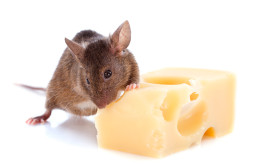
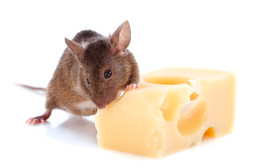 This week on How on Earth, we speak with Dr John Newman, geriatrician and geoscientist at the Buck Institute. He describes his recent research in mice, showing that both memory and muscle improve in animals eating a high fat diet. To see more details on these experiments, you can visit the lab
This week on How on Earth, we speak with Dr John Newman, geriatrician and geoscientist at the Buck Institute. He describes his recent research in mice, showing that both memory and muscle improve in animals eating a high fat diet. To see more details on these experiments, you can visit the lab 